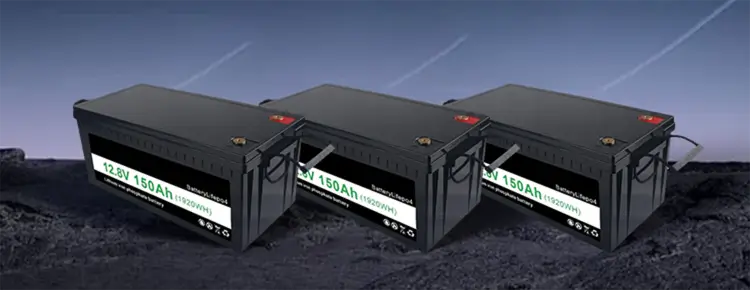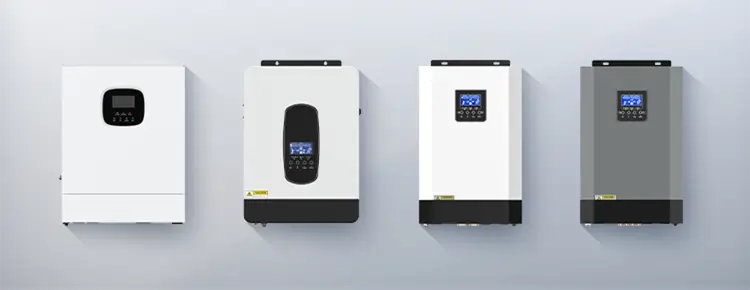


Blog
Hot Category
Latest Blog
01 Oct 2024
Eli
In this world, as renewable energy becomes more and more popular, solar panels are installed on roofs around the world, and to cooperate with solar power generation systems, you need to use powerful hybrid inverters, which can make solar panels, batteries and traditional power grids work together.
A hybrid inverter is an electronic device that combines the functions of a micro inverter and a battery charger into a single device. It allows the solar panels to intelligently offload excess energy into the battery, so that the energy stored in the battery during the day can be used to generate electricity at night when electricity is low. The main working principle of the hybrid inverter is that the hybrid inverter converts the solar direct current in the solar string into alternating current, which is used to power the home, and the excess solar energy is then charged for the connected battery system.
Hybrid inverters typically operate in three modes, depending on the availability of solar energy and the state of the battery storage system.
1.Grid-connected mode: In this mode, the inverter converts the direct current generated by the solar energy into alternating current, which supplies power to the home or business, and the excess electricity is input into the grid.
2.Battery backup mode: In case of power failure or power failure, the inverter can be connected to the battery through the UPS to supply power to the electronic device.
3.Off-grid mode: Completely disconnected from the grid, using only the energy generated by the solar panels to power the device.

The biggest advantage of hybrid inverters is that they can have a variety of operating modes, and they can adapt to most situations in these modes. But the drawbacks of such a powerful device are obvious.
Advantages:1. Hybrid inverters combine the functions of grid-connected and off-grid inverters, providing greater flexibility and adaptability.
2. Hybrid inverter can realize the dual functions of power storage and voltage conversion. It can convert stored electrical energy into alternating current for home use or into the grid when needed.
3. Hybrid inverters can help users save electricity, especially in areas with high electricity prices, by using stored electricity during off-peak hours, energy costs can be significantly reduced.
Cons:1. The initial installation cost of hybrid inverters is usually higher than that of traditional single-function inverters, which may increase the upfront investment burden of users.
2. Due to the integration of a variety of functions, the design and maintenance of hybrid inverters is relatively complex, requiring professional knowledge and skills.
3. For users who have installed traditional solar systems, they may encounter compatibility problems and need to replace some additional equipment.

In general, hybrid inverters have become the first choice for many families and enterprises with their unique advantages. It makes it easy to store excess energy for later use and allows flexibility to use the solar system even during power outages.